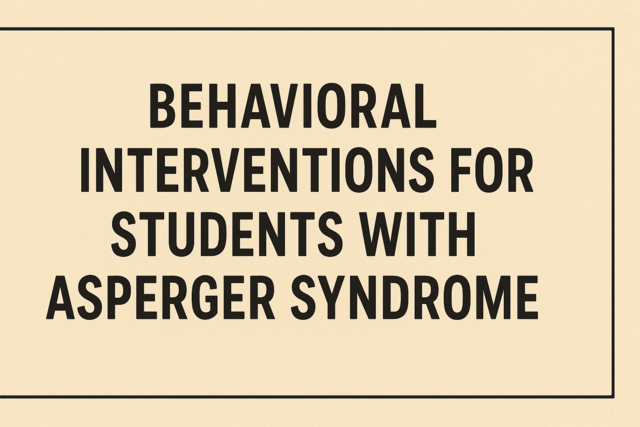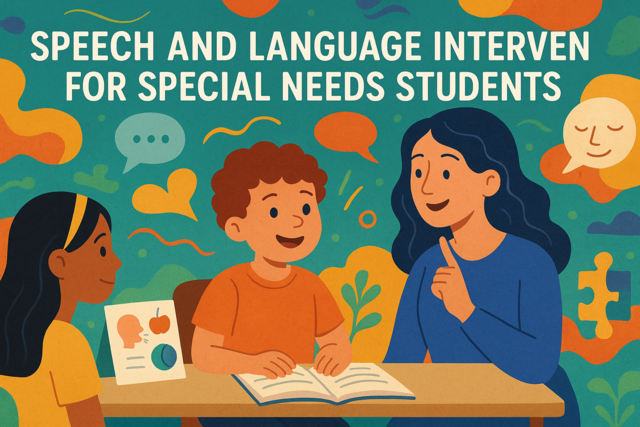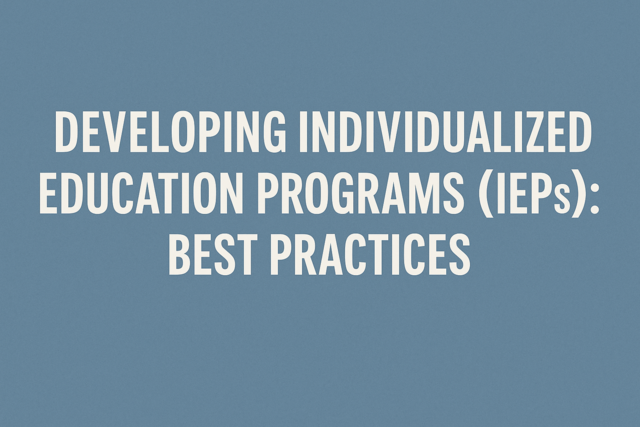Online Class: Behavior Management Techniques for Special Educators

no certificate
with CEU Certificate*
-
15Lessons
-
22Exams &
Assignments -
7Hours
average time -
0.7CEUs
Course Description
Course Title: Behavior Management Techniques for Special Educators
Picture this: a classroom buzzing with potential, where every student feels seen, heard, and understood. A classroom where boundaries are respected, and challenges transform into learning opportunities through empathy, collaboration, and innovation. As a special educator, achieving such a dynamic might feel like a daunting task. But what if the key to unlocking this transformative environment was at your fingertips?
Welcome to "Behavior Management Techniques for Special Educators" – a groundbreaking, transformative experience that will redefine your approach to special education. This isn't just another course on behavior management. It's a journey. A journey designed to equip you with the skills, the empathy, and the clarity needed to create uniquely supportive spaces that honor individual differences and ignite student success.
Imagine stepping into your classroom with renewed confidence, armed with tools that turn behavioral challenges into triumphs. This course doesn't simply teach you how to manage behavior; it equips you with a mindset of empathy, creativity, and strategic thinking. It invites you to see beyond surface behaviors to understand the intricate tapestry of needs, motivations, and experiences that drive your students. You will not be just a teacher but a guide, a mentor, someone who facilitates profound growth and independence.
Throughout this course, you will be guided through a series of enlightening concepts infused with practical wisdom. Every insight and technique taught here is deeply rooted in the latest educational research and best practices tailored specifically for special education. You will explore the transformative power of empathy—not as a mere emotion but as a strategic tool to unlock each student's true potential. Your classroom will become a sanctuary of understanding where students feel safe to express themselves and are empowered to take on their learning journeys.
Try to envision a classroom wherein each triumph, no matter how small, is celebrated with joy and reinforcement. In the process, you'll discover powerful strategies to motivate your students using their unique interests and strengths, paving pathways toward achievement they—and you—may have once thought unattainable.
In today's interconnected world, collaboration is not just beneficial but essential. Journeying through this course, you'll learn to weave an inclusive web of support, blending the insights of family dynamics and cultural nuances to tailor strategies that are as diverse and dynamic as the students you teach. These connections fortify your ability to foster lasting change—not only within your classroom walls but extending into your students' lives and beyond.
But we don't stop there. Understanding sensory challenges and equipping students with tools for emotional regulation are not just admirable objectives—they're fundamental, transformative powers that, when mastered, yield rich educational experiences and nurtured relationships. You'll delve into methodologies that integrate visual aids and proactive crisis prevention, turning potential stressors into stepping stones for both personal and educational development.
Moreover, you'll acquire a deep appreciation for neurodiversity, learning to embrace it as the vibrant and valuable asset it is. This course will guide you through the complexities of customizing learning experiences to celebrate each child's individuality, relying on a robust network of educators, specialists, and families working collaboratively.
What you gain here transcends theoretical learning—it translates into a fortified conviction that you are not only competent but extraordinary in your capacity to impact lives positively and powerfully. By the end of this course, you will not only have expanded your skills but your perspectives, reimagining boundaries and inspiring limitless potential in those you teach.
Isn't it time you stepped into this transformative paradigm? With "Behavior Management Techniques for Special Educators," you'll empower your teaching methods to align with the bold vision you hold for your students and for yourself. Become part of this revolution in education—where each classroom experience is as much about growth for the educators as it is for the learners. Together, let's embark on an adventure of discovery, endlessly enriching the educational tapestry and truly transforming lives.
Take the plunge. Enroll today—because this course isn't just a journey you take; it's a legacy you build.
- Completely Online
- Self-Paced
- 6 Months to Complete
- 24/7 Availability
- Start Anytime
- PC & Mac Compatible
- Android & iOS Friendly
- Accredited CEUs

Course Lessons
Lesson 1. Cultivating Empathy: Navigating Complex Behavioral Triggers
By addressing specific behavioral triggers, educators turn classrooms into spaces where emotional and sensory needs are met, highlighting the transformative power of tailored interventions. Through deep understanding, educators guide students towards autonomy in navigating their learning environments.Lesson 2. Encouraging Growth: The Role of Positive Reinforcement in Special Education
By using stimuli to reinforce desirable behaviors, positive reinforcement in special education focuses on personalized motivation and engagement. This method encourages students’ development and success by integrating individual interests and rewarding small achievements.Lesson 3. Empathy Over Punishment: The FBA Approach in Modern Education
Positive Behavior Support (PBS), paired with FBA, emphasizes proactive reinforcement of desired behaviors, transforming classroom dynamics. By recognizing and celebrating positive actions, educators instill motivation and help students develop skills that extend beyond traditional academics.Lesson 4. Transforming Challenges into Opportunities: The Power of Listening to Students
Clarity and consistency in verbal instructions are vital for helping students with diverse needs process information effectively and stay engaged. By breaking tasks into manageable steps and using consistent language and tone, educators create predictability and security, minimizing behavioral challenges.Lesson 5. Guiding Special Learners: A Collaborative Framework
Effective behavior management in special education hinges on clear, flexible rules that cater to unique student needs while fostering inclusion and participation. Through positive reinforcement and collaboration, educators construct an empathetic environment conducive to lifelong learning and social development.Lesson 6. Empowering Students Through Visual Behavioral Strategies
Visual supports are pivotal tools for behavior management in special education, providing clear, consistent communication that helps learners with developmental challenges like autism better understand expectations. These aids, such as visual schedules and social stories, enable smoother transitions, reduce anxiety, and foster autonomy, ultimately creating a structured and inclusive learning environment.Lesson 7. Navigating Crises in Special Education: Understanding and Mitigating Triggers
Proactive crisis prevention in special education emphasizes structured environments, strong relationships, and tailored communication to decrease anxiety and behavioral disruptions. Recognizing individual triggers enables educators to implement preventative strategies, promoting a nurturing learning atmosphere.Lesson 8. Understanding Family Dynamics and Culture in Special Education
Effective communication with families, based on empathy, cultural sensitivity, and active listening, forms the cornerstone of behavior management in special education. By tailoring strategies to align with family values and employing cultural awareness, educators can build partnerships that enhance student support and success.Lesson 9. Revolutionizing Behavior Management: Embracing Neurodiversity
Collaborating with families and specialists in crafting individualized behavior plans ensures students’ unique sensory and learning needs are met comprehensively. Continuous assessment and empathy guide educators in nurturing students' personal and academic growth through dynamic, adaptable strategies.Lesson 10. Precision in Practice: Integrating Quantitative and Qualitative Measures
Engaging in collaborative data analysis meetings, supported by visual data representations, empowers educators, parents, and specialists to form cohesive strategies tailored to student success. Emphasizing qualitative narratives alongside quantitative data fosters stakeholder empathy, strengthening the support network and aligning goals for student progress.Lesson 11. Social Skills in Special Educators' Toolbox
Developing emotional regulation techniques in classrooms for children with special needs involves creating predictable environments, utilizing mindfulness, and reinforcing positive behaviors. Structured activities and SEL frameworks enable students to express and process emotions, leading to enriched learning and relationships.Lesson 12. Sensory Challenges and Classroom Success Strategies
Sensory processing is vital in education, especially for students with special needs, as it influences behavior and learning. By understanding sensory challenges, educators can create supportive environments that enhance student engagement and development.Lesson 13. The Power of Personalized Learning: Celebrating Diversity and Achievement in the Classroom
Emotional intelligence is pivotal in education, fostering improved communication and relationships through activities enhancing empathy and self-awareness. Neurodiversity and technological integration further enrich personalized education, offering adaptive methods and assistive technologies to support diverse learners.Lesson 14. Upholding Equity in Behavior Management Strategies
The cornerstone laws, including IDEA, ensure that students with disabilities receive tailored, proactive behavior supports rather than one-size-fits-all interventions. Schools must develop individualized education programs and employ strategies like positive behavior supports to meet unique student needs.Lesson 15. Navigating the Distinct Stressors of Special Educators: Strategies for Well-Being and Effectiveness
Special educators' responsibilities include adapting to diverse student needs and managing significant emotional and physical challenges. Employing mindfulness and resilience strategies alongside effective collaboration can transform classroom dynamics into opportunities for growth.
Learning Outcomes
- Demonstrate appropriate strategies to mitigate negative reactions caused by identified behavioral triggers, incorporating both environmental and individualized modifications.
- Recognize and categorize behavioral triggers in students as external or internal stimuli to inform tailored interventions in a special education setting.
- Describe the process of designing a reinforcement plan by identifying a student's preferences and using them to tailor specific strategies in a classroom setting.
- Define the concept of positive reinforcement in special education and explain its role in promoting desirable behaviors.
- Analyze behavioral patterns from real-time data using technology tools to create personalized intervention strategies that improve student outcomes and classroom dynamics.
- Demonstrate the ability to conduct a Functional Behavioral Assessment (FBA) by identifying antecedents, behaviors, and consequences of a specific student behavior through systematic observation and data analysis.
- Demonstrate the ability to apply non-verbal communication strategies to create a supportive learning environment for students with special needs.
- Identify and explain the key components of active listening and their role in managing challenging behaviors in special education.
- Define clear, positive classroom rules to enhance student understanding and foster engagement.
- Implement visual aids and positive reinforcement to support behavior management.
- Define the purpose and application of different types of visual supports in behavior management for special education students, demonstrating their effectiveness in real-life scenarios.
- Identify and explain the benefits of incorporating digital visual supports into classroom strategies, evaluating their impact on student engagement and learning outcomes.
- Define the emotional, social, environmental, and biological triggers that can lead to crises in special education students to craft personalized intervention strategies.
- Demonstrate mastery of lesson content at levels of 70% or higher.
Additional Course Information

- Document Your Lifelong Learning Achievements
- Earn an Official Certificate Documenting Course Hours and CEUs
- Verify Your Certificate with a Unique Serial Number Online
- View and Share Your Certificate Online or Download/Print as PDF
- Display Your Certificate on Your Resume and Promote Your Achievements Using Social Media

Choose Your Subscription Plan
No Certificate / No CEUs
This course only
| Includes certificate | X |
| Includes CEUs | X |
| Self-paced |

|
| Instructor support |

|
| Time to complete | 6 months |
| No. of courses | 1 course |
Certificate & CEUs
This course only
| Includes certificate |

|
| Includes CEUs |

|
| Self-paced |

|
| Instructor support |

|
| Time to complete | 6 months |
| No. of courses | 1 course |
Certificates & CEUs
Includes all 600+ courses
| Includes certificate |

|
| Includes CEUs |

|
| Self-paced |

|
| Instructor support |

|
| Time to complete | 12 Months |
| No. of courses | 600+ |
Certificates & CEUs
Includes all 600+ courses
| Includes certificate |

|
| Includes CEUs |

|
| Self-paced |

|
| Instructor support |

|
| Time to complete | 24 Months |
| No. of courses | 600+ |
Related Courses
-
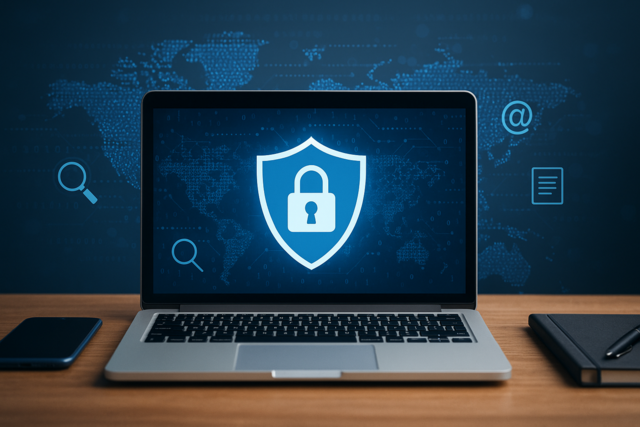 6 hours
0.6 CEUs
Digital Literacy and Security
+ More Info
6 hours
0.6 CEUs
Digital Literacy and Security
+ More Info
-
 4 hours
0.4 CEUs
Polished Precision: Men's Guide to Luxurious Tailoring
+ More Info
4 hours
0.4 CEUs
Polished Precision: Men's Guide to Luxurious Tailoring
+ More Info
-
 4 hours
0.4 CEUs
Paranormal Phenomena: Fact or Fiction
+ More Info
4 hours
0.4 CEUs
Paranormal Phenomena: Fact or Fiction
+ More Info
-
 5 hours
0.5 CEUs
Advanced Feng Shui Techniques
+ More Info
5 hours
0.5 CEUs
Advanced Feng Shui Techniques
+ More Info
-
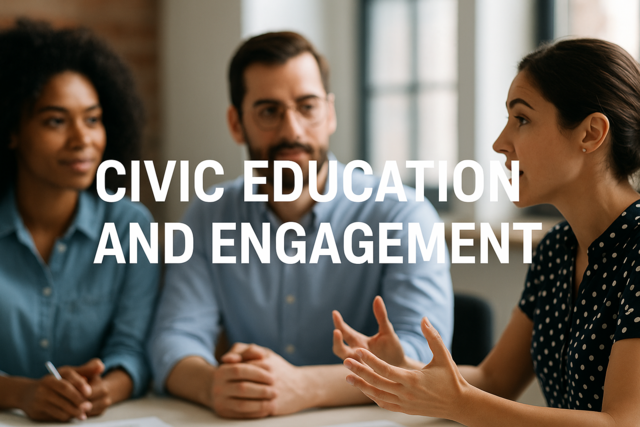 7 hours
0.7 CEUs
Civic Education and Engagement
+ More Info
7 hours
0.7 CEUs
Civic Education and Engagement
+ More Info
-
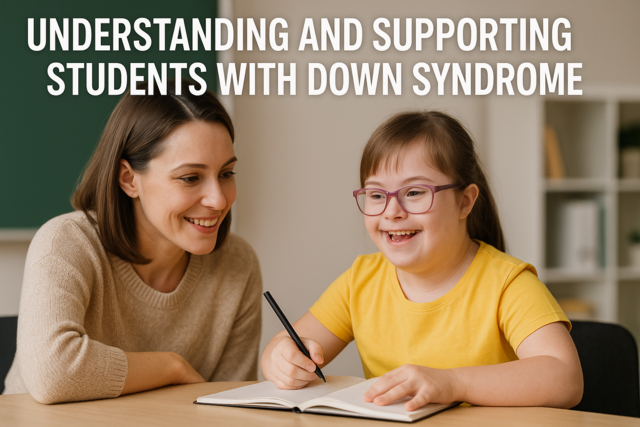 3 hours
0.3 CEUs
Understanding and Supporting Students with Down Syndrome
+ More Info
3 hours
0.3 CEUs
Understanding and Supporting Students with Down Syndrome
+ More Info
-
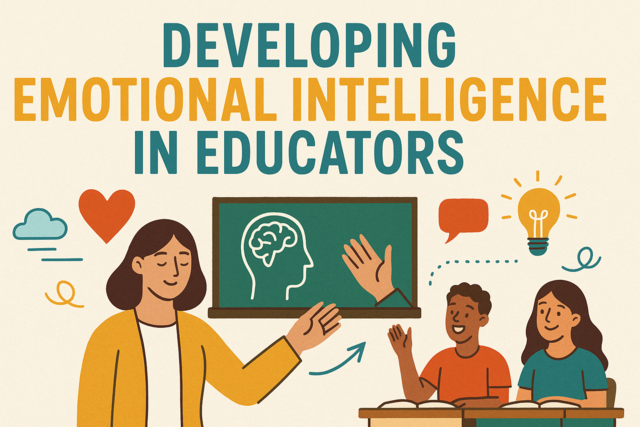 4 hours
0.4 CEUs
Developing Emotional Intelligence in Educators
+ More Info
4 hours
0.4 CEUs
Developing Emotional Intelligence in Educators
+ More Info
-
 3 hours
0.3 CEUs
Supervisory Skills for New Managers
+ More Info
3 hours
0.3 CEUs
Supervisory Skills for New Managers
+ More Info
-
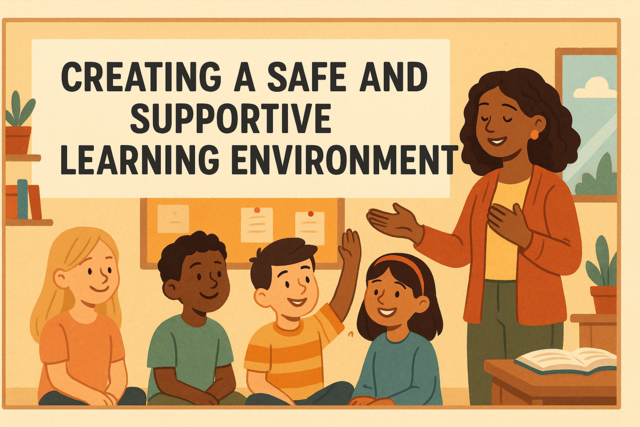 5 hours
0.5 CEUs
Creating a Safe and Supportive Learning Environment
+ More Info
5 hours
0.5 CEUs
Creating a Safe and Supportive Learning Environment
+ More Info
-
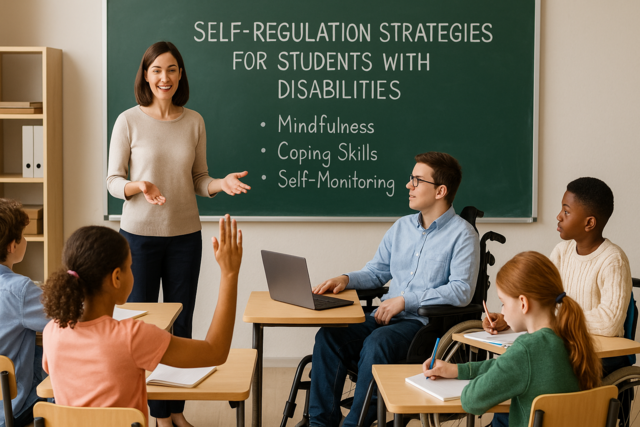 3 hours
0.3 CEUs
Self-Regulation Strategies for Students with Disabilities
+ More Info
3 hours
0.3 CEUs
Self-Regulation Strategies for Students with Disabilities
+ More Info
-
 7 hours
0.7 CEUs
Mindful Living in the Modern World
+ More Info
7 hours
0.7 CEUs
Mindful Living in the Modern World
+ More Info
-
 4 hours
0.4 CEUs
Understanding Auras and Energy Fields
+ More Info
4 hours
0.4 CEUs
Understanding Auras and Energy Fields
+ More Info
-
 6 hours
0.6 CEUs
Introduction to Graphic Design Tools
+ More Info
6 hours
0.6 CEUs
Introduction to Graphic Design Tools
+ More Info
-
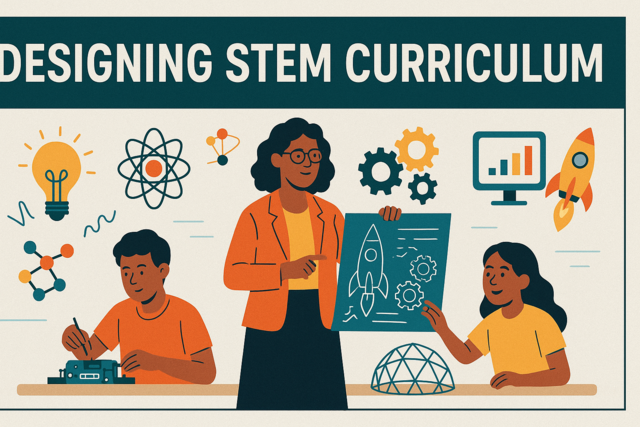 3 hours
0.3 CEUs
Designing STEM Curriculum
+ More Info
3 hours
0.3 CEUs
Designing STEM Curriculum
+ More Info
-
 7 hours
0.7 CEUs
Developing and Maintaining Healthy Habits
+ More Info
7 hours
0.7 CEUs
Developing and Maintaining Healthy Habits
+ More Info
-
 4 hours
0.4 CEUs
The Love Language Challenge: Transform Your Relationship
+ More Info
4 hours
0.4 CEUs
The Love Language Challenge: Transform Your Relationship
+ More Info
-
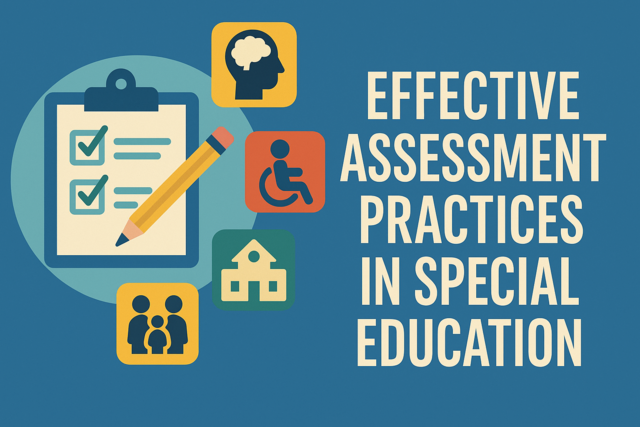 3 hours
0.3 CEUs
Effective Assessment Practices in Special Education
+ More Info
3 hours
0.3 CEUs
Effective Assessment Practices in Special Education
+ More Info
-
 6 hours
0.6 CEUs
Iconic Influence: Women's Wear in the Age of Luxury
+ More Info
6 hours
0.6 CEUs
Iconic Influence: Women's Wear in the Age of Luxury
+ More Info
-
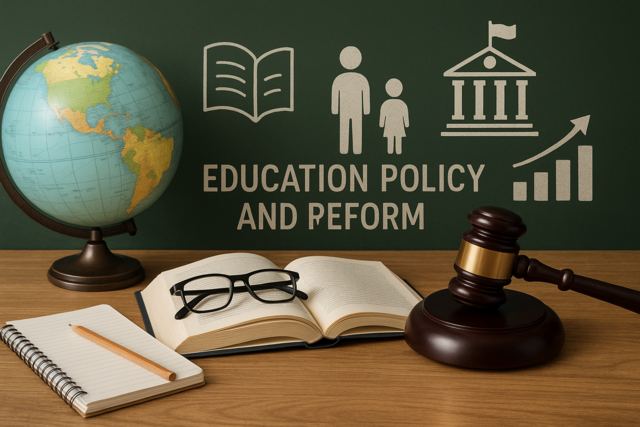 3 hours
0.3 CEUs
Education Policy and Reform: Impact and Implications
+ More Info
3 hours
0.3 CEUs
Education Policy and Reform: Impact and Implications
+ More Info
-
 5 hours
0.5 CEUs
Data Visualization Techniques
+ More Info
5 hours
0.5 CEUs
Data Visualization Techniques
+ More Info
-
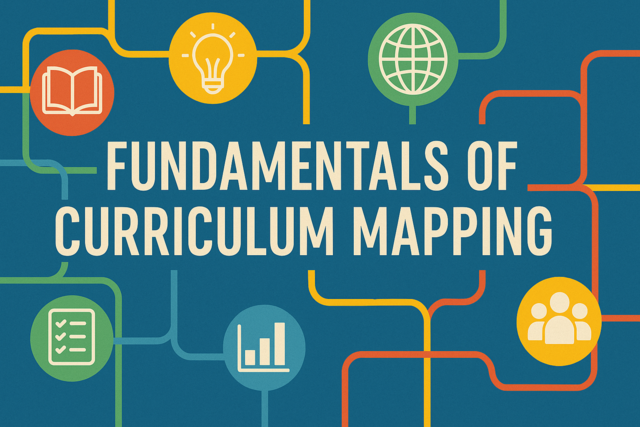 5 hours
0.5 CEUs
Fundamentals of Curriculum Mapping
+ More Info
5 hours
0.5 CEUs
Fundamentals of Curriculum Mapping
+ More Info
-
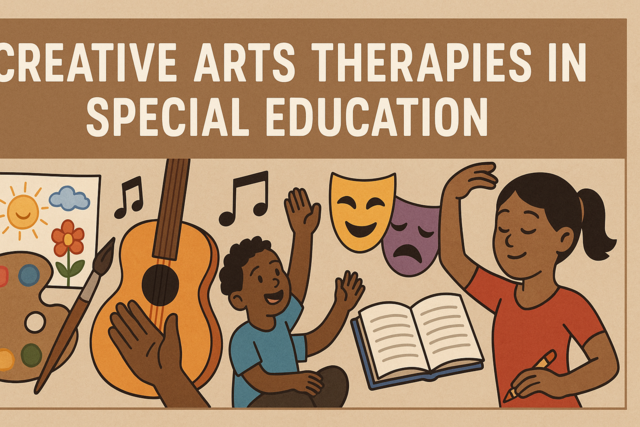 3 hours
0.3 CEUs
Creative Arts Therapies in Special Education
+ More Info
3 hours
0.3 CEUs
Creative Arts Therapies in Special Education
+ More Info
-
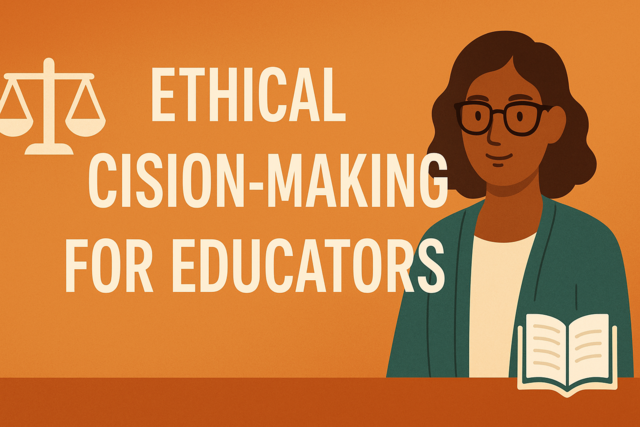 7 hours
0.7 CEUs
Ethical Decision-Making for Educators
+ More Info
7 hours
0.7 CEUs
Ethical Decision-Making for Educators
+ More Info
-
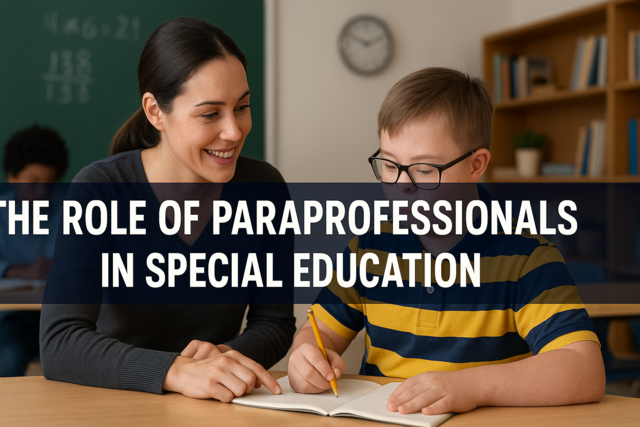 3 hours
0.3 CEUs
The Role of Paraprofessionals in Special Education
+ More Info
3 hours
0.3 CEUs
The Role of Paraprofessionals in Special Education
+ More Info
-
 3 hours
0.3 CEUs
Innovative Solutions for Business Growth
+ More Info
3 hours
0.3 CEUs
Innovative Solutions for Business Growth
+ More Info
-
 3 hours
0.3 CEUs
Preparing Students for Careers of the Future
+ More Info
3 hours
0.3 CEUs
Preparing Students for Careers of the Future
+ More Info
-
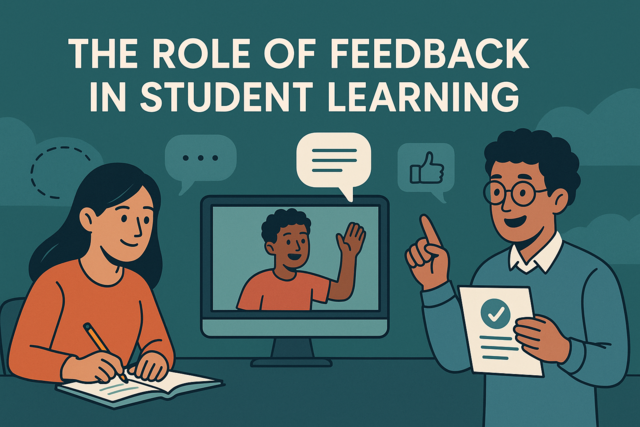 4 hours
0.4 CEUs
The Role of Feedback in Student Learning
+ More Info
4 hours
0.4 CEUs
The Role of Feedback in Student Learning
+ More Info
-
 5 hours
0.5 CEUs
STEAM: Integrating the Arts with STEM
+ More Info
5 hours
0.5 CEUs
STEAM: Integrating the Arts with STEM
+ More Info
-
 5 hours
0.5 CEUs
The Alchemical Traditions of Druidic Wisdom
+ More Info
5 hours
0.5 CEUs
The Alchemical Traditions of Druidic Wisdom
+ More Info
-
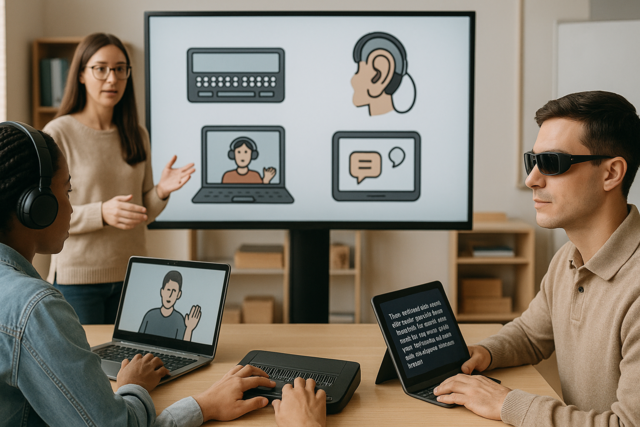 7 hours
0.7 CEUs
Assistive Technology for Vision and Hearing Impairments
+ More Info
7 hours
0.7 CEUs
Assistive Technology for Vision and Hearing Impairments
+ More Info
-
 6 hours
0.6 CEUs
Developing Strategic Thinking Skills
+ More Info
6 hours
0.6 CEUs
Developing Strategic Thinking Skills
+ More Info
-
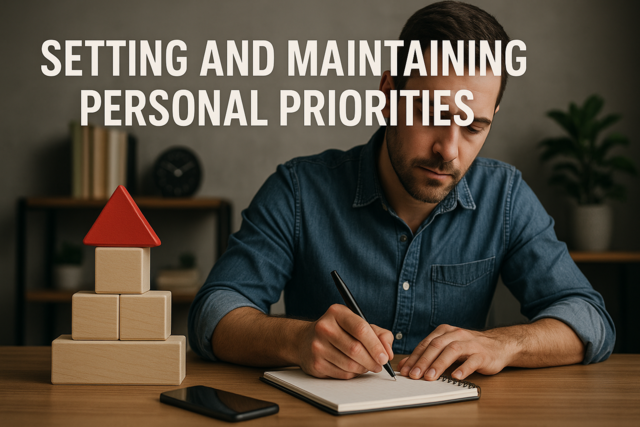 5 hours
0.5 CEUs
Setting and Maintaining Personal Priorities
+ More Info
5 hours
0.5 CEUs
Setting and Maintaining Personal Priorities
+ More Info
-
 5 hours
0.5 CEUs
Creating Engaging Online Content
+ More Info
5 hours
0.5 CEUs
Creating Engaging Online Content
+ More Info
-
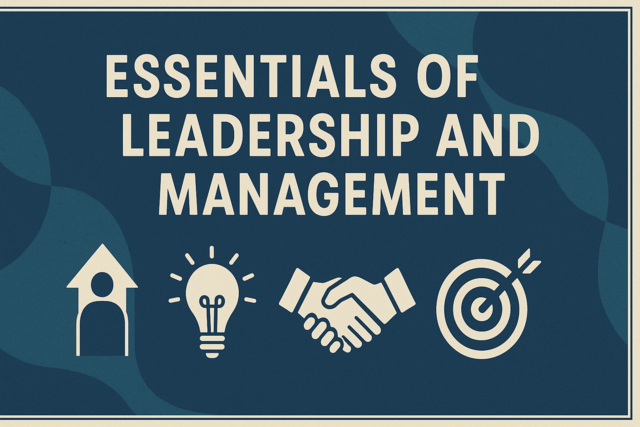 4 hours
0.4 CEUs
Essentials of Leadership and Management
+ More Info
4 hours
0.4 CEUs
Essentials of Leadership and Management
+ More Info
-
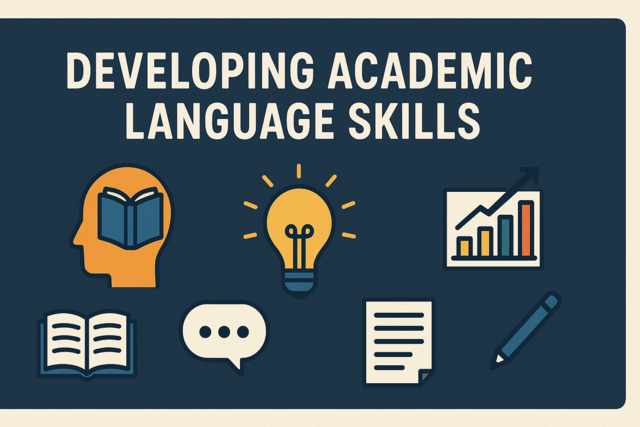 7 hours
0.7 CEUs
Developing Academic Language Skills
+ More Info
7 hours
0.7 CEUs
Developing Academic Language Skills
+ More Info
-
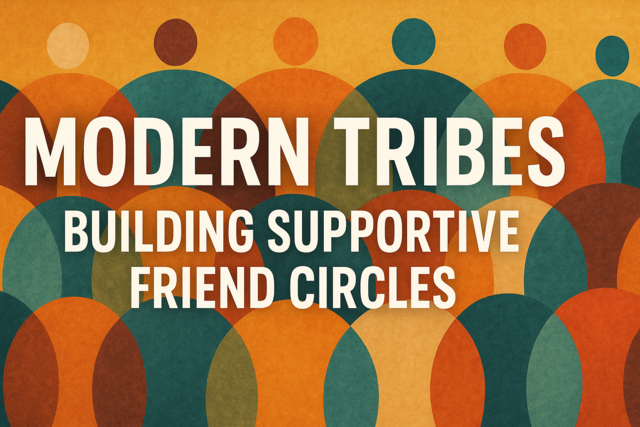 6 hours
0.6 CEUs
Modern Tribes: Building Supportive Friend Circles
+ More Info
6 hours
0.6 CEUs
Modern Tribes: Building Supportive Friend Circles
+ More Info
-
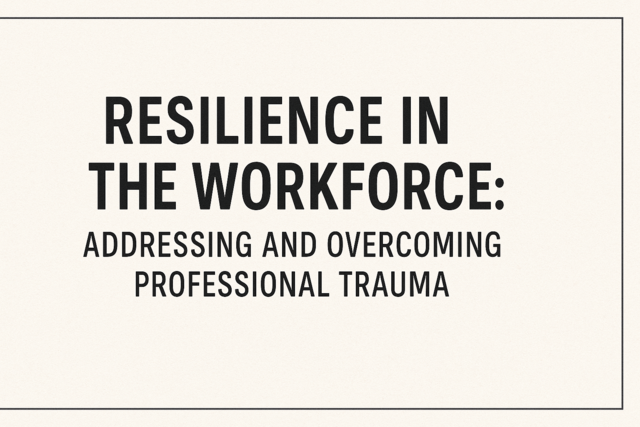 4 hours
0.4 CEUs
Resilience in the Workforce: Addressing and Overcoming Professional Trauma
+ More Info
4 hours
0.4 CEUs
Resilience in the Workforce: Addressing and Overcoming Professional Trauma
+ More Info
-
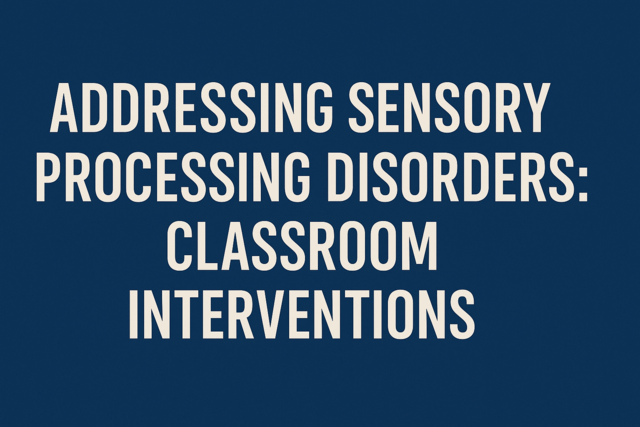 4 hours
0.4 CEUs
Addressing Sensory Processing Disorders: Classroom Interventions
+ More Info
4 hours
0.4 CEUs
Addressing Sensory Processing Disorders: Classroom Interventions
+ More Info
-
 5 hours
0.5 CEUs
The Compassionate Family: Building Empathy Through Generations
+ More Info
5 hours
0.5 CEUs
The Compassionate Family: Building Empathy Through Generations
+ More Info
-
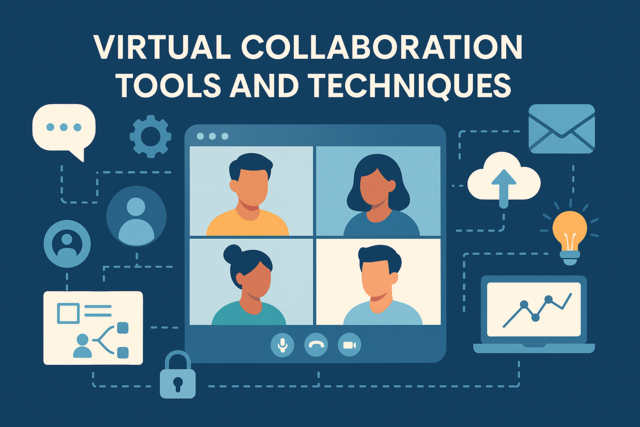 5 hours
0.5 CEUs
Virtual Collaboration Tools and Techniques
+ More Info
5 hours
0.5 CEUs
Virtual Collaboration Tools and Techniques
+ More Info


